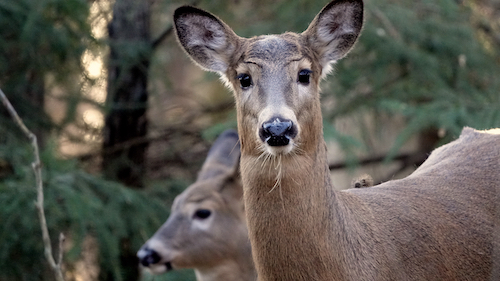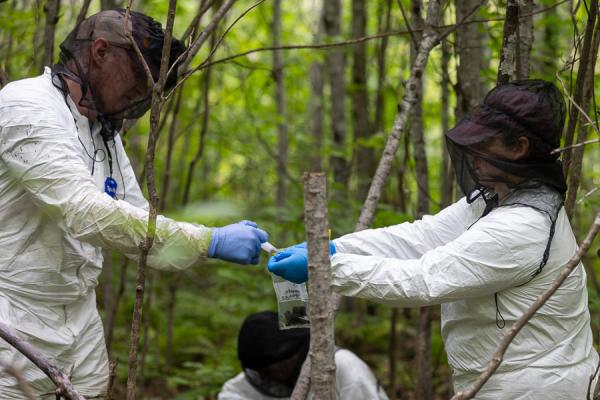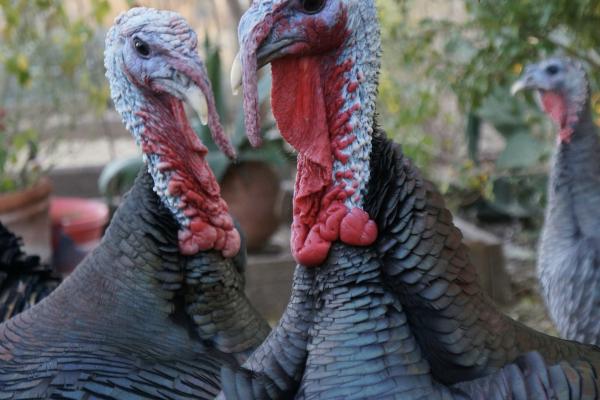Newly funded: Measuring chronic wasting disease in venison
March 26, 2021

A team of researchers led by Peter Larsen, PhD, and Davis Seelig, DVM, PhD, DACVP, recently received $225,000 from the Rapid Agricultural Response Fund at the Minnesota Agricultural Experiment Station to determine the chronic wasting disease (CWD) prion burden, and its infectivity, in venison meat and on meat processing equipment. CWD is an infectious, 100% fatal neurodegenerative disease in deer, moose, and other cervids. The disease is caused by misfolded prions, a type of protein. Recent data show that unique, naturally occurring CWD strains can infect a variety of mammals and can cause human prions to misfold as well (in cell culture). CWD prions accumulate in infected deer tissues that commonly enter the human food chain. Experts estimate that more than 15,000 CWD positive deer are consumed in the U.S. annually. The Food and Drug Administration and the United States Department of Agriculture now formally consider CWD-positive venison unfit for food. Scientists have yet to fully understand the magnitude of CWD prion accumulation and the degree to which such contamination occurs during routine venison processing, so potential risks to meat processors, deer hunters, and venison consumers remain unknown. This team of researchers will address this knowledge gap and explore prion decontamination strategies for processing equipment. Results from this study will directly inform best practices to reduce or prevent the introduction of CWD prions into the human food chain. Funding will begin in 2022 and last until 2023.
Photo by Marc Schwabenlander


